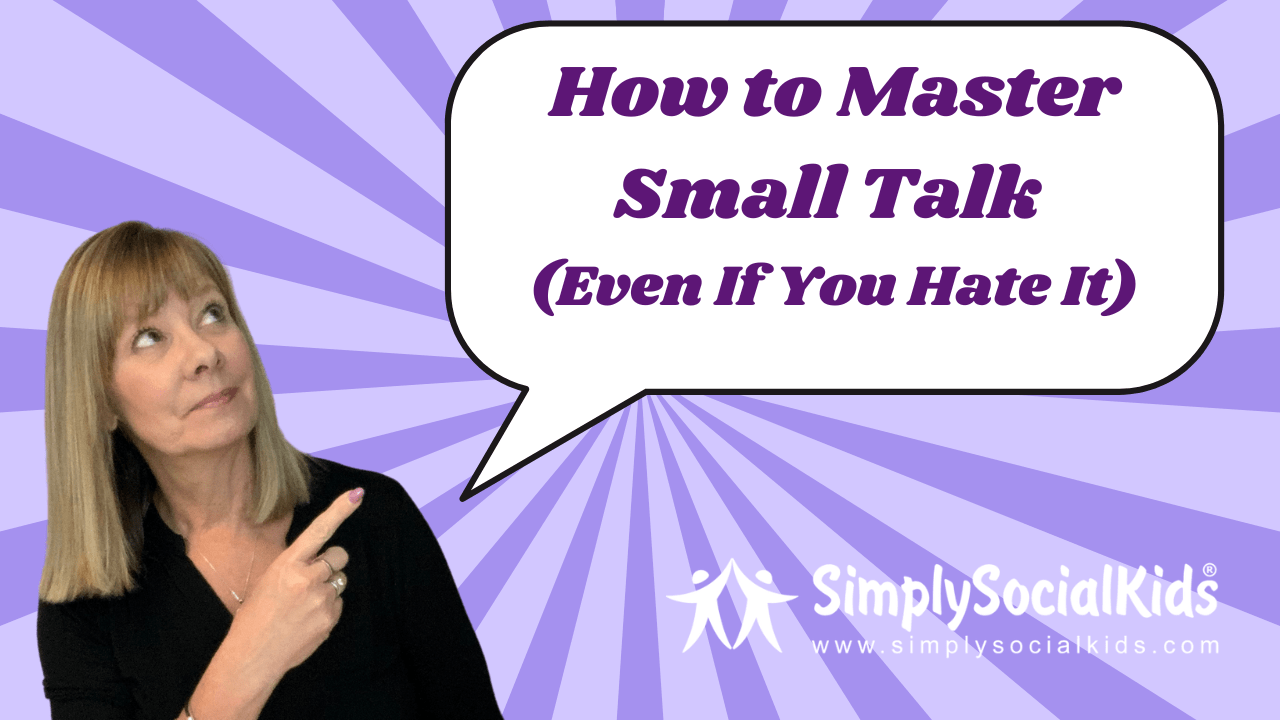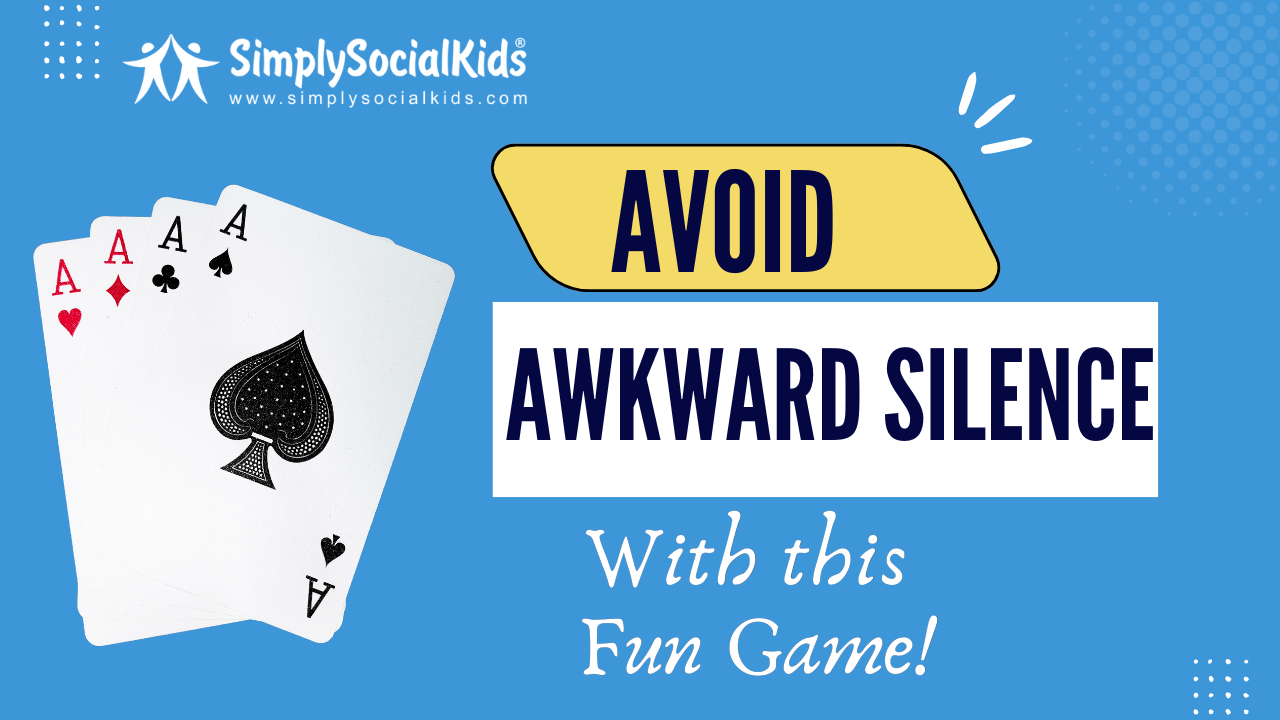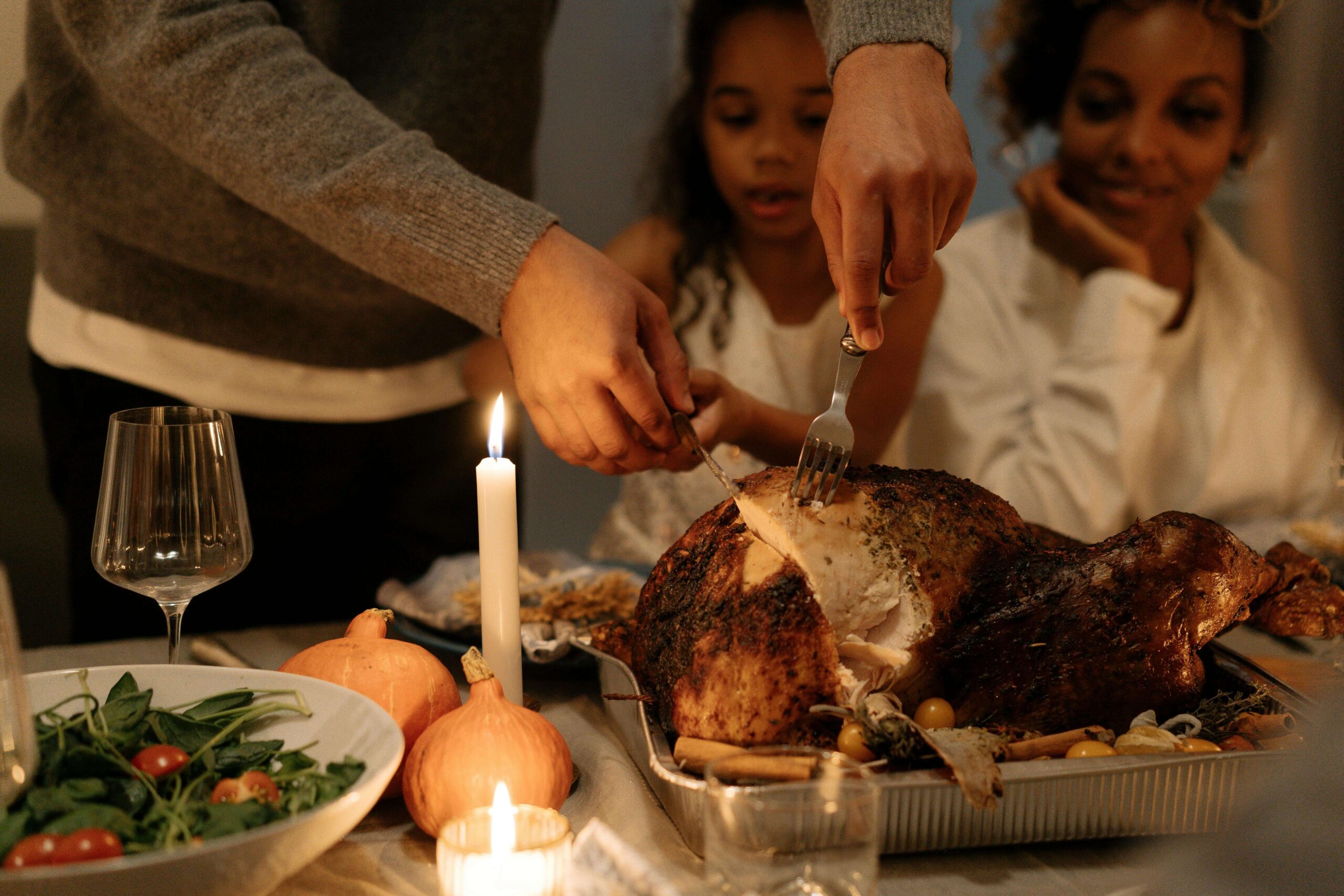

by Nadine Briggs
Parenting during Covid has been so incredibly challenging. Kids are more disengaged socially and academically. Parents are trying to communicate with their kids with mixed results. Parents who are trying to get some level of compliance from their kids are often met with resistance, defiance and sometimes anger. Still, stuff has to get done, right? So how can parents get even a little more compliance from their kids?
Parenting styles vary greatly based on our own individual childhoods. For the most part, we parent the way our parents parented us. Our parents parenting style is likely all we’ve known so it’s a great starting point. However, most parents today grew up with a more authoritarian approach to parenting. Regardless of how you parent your kids, what you say goes at the end of the day. But, there are ways to involve your child in the decisions that are made. By doing so, you are valuing them and supporting their self-esteem. Being part of a solution that has an impact on your daily life can be very affirming.
For those of you who have kids who crave control, you might find that the authoritarian approach is causing conflict and possibly a lot of yelling. Chances are, despite the yelling, you might find zero compliance. If this is you, check out our Kids Who Crave Control blog post and video.
An overreaching theme for improving communication is to ask more questions rather than tell kids what to do. A teenage girl told me once that she liked how I worked with her because, in her words, “you ask me stuff and they tell me things.” This is a powerful message about how we can communicate differently.
Start with: “Hey, I’m curious about…”
Example of follow up: “how has your social life changed due to Covid? Have you been in touch with your friends this week?”
Start with: “I was wondering…”
Example of follow up: “after homework could you take out the trash?
Start with: “What do you think about…”
Example of follow up: “how much homework you’re getting these days?”
Start with: “I’d love your opinion on…”
Example of follow up: “how things are going with hybrid learning?”
Start with: “I like the way you think.”
Example of follow up: “That is an interesting view that I had not considered.”
Start with: “What was it like for you when…”
Example of follow up: “you had a watch party with your friends?”
Start with: “How do you feel about…”
Example of follow up: “your term paper you’re writing? Let me know if you get stuck.”
Hopefully the use of these tips will bring forth more productive conversations between you and your child or teen in addition to that ever-elusive compliance that we all need from them.






